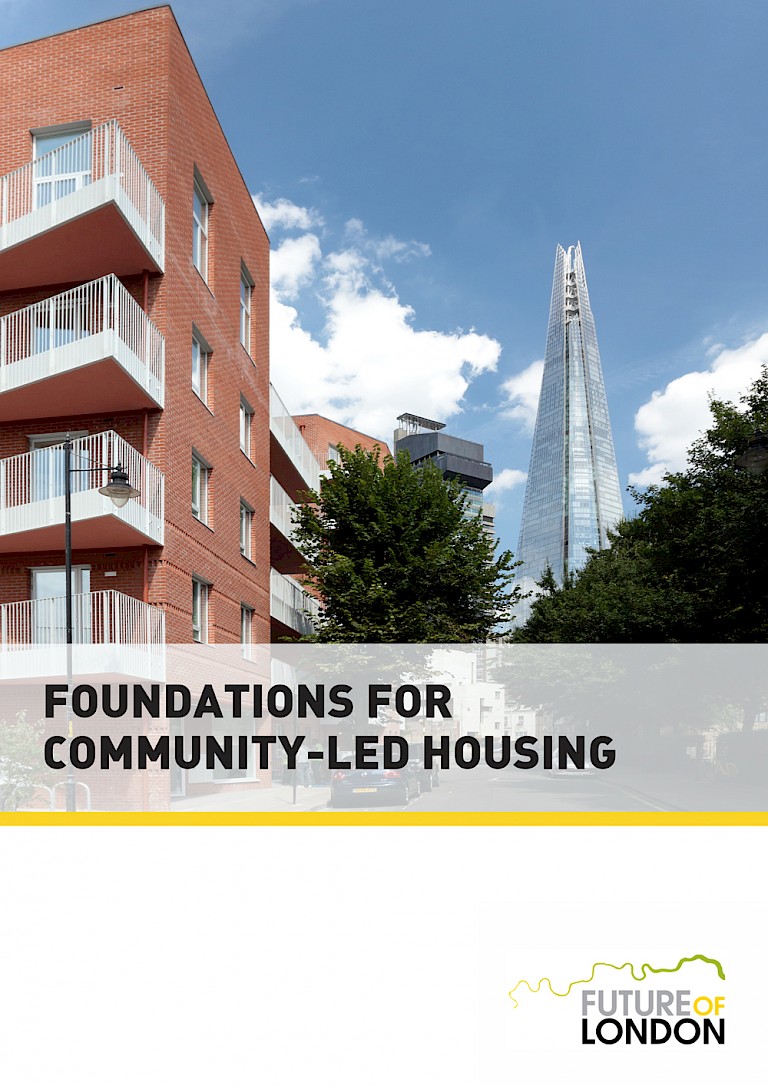
Tom and I attended the report launch of ‘Foundations for Community-Led Housing’ by the Future of London last Tuesday. They launched their research findings alongside a panel to discuss the benefits of community-led housing.
Rokhsana Fiaz, Mayor of Newham, started off the event declaring her role as a social activist and the challenges that have arisen from her change of position from a Councillor for Custom House Ward to Mayor. Rokhsana spoke passionately about the importance of genuine communication with local residents and the processes of gradually building secure trust, whilst shifting the perceptions of a top-heavy structural model.
The panel included Stephen Hill (C20 Futureplanners), Juliet Can (member of London CLT and resident of their St Clements CLT), Neal Hunt (Poplar HARCA), Chris Brown (Igloo Regeneration) and our former colleague Zohra Chiheb (now at LB Croydon). Each panellist gave a brief introduction of their roles, promoting the benefits of community-led housing (CLH).
A lot of discussion was based around the ‘value’ of CLH and the difficulties in using the model in a predominantly profit-driven market. When asked ‘How could you communicate with someone who’s only focus is profit?’, Chris Brown spoke about how when local communities are actively involved in the decisions, and become themselves agents of change, resistance to housing schemes drastically reduces. Additionally, there are longer term financial savings from the implicated costs of relocation and health disruptions.
An interesting question from the audience was ‘How can community-led housing challenge the obsession with home ownership? Will there be options within the model for renting?’. The reactions generally seemed to agree with challenging the necessity of home ownership and argued that CLH was not necessarily for or against ownership, but a model that fundamentally challenges the obsession of housing being used as an investment.
Whilst the discussion generally focused on London, when discussing the importance of community consent, the CLH model could be used to unlock land in rural locations – instead of a developer as an ‘outsider’ agent purchasing land.
The report can be found here and I recommend a read. The discussion brought about interesting questions about mediating within a profit driven market and, although it is a great step in the right direction of challenging a top-heavy housing model (and the need for advancing its momentum!), it also highlighted the steep challenge ahead of us for undermining the use of housing as a financial asset.
